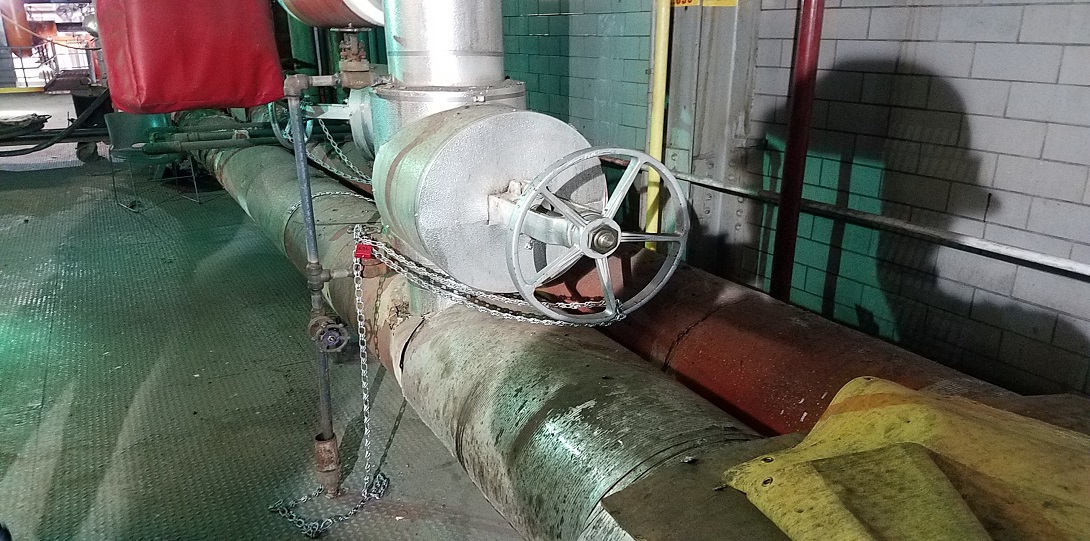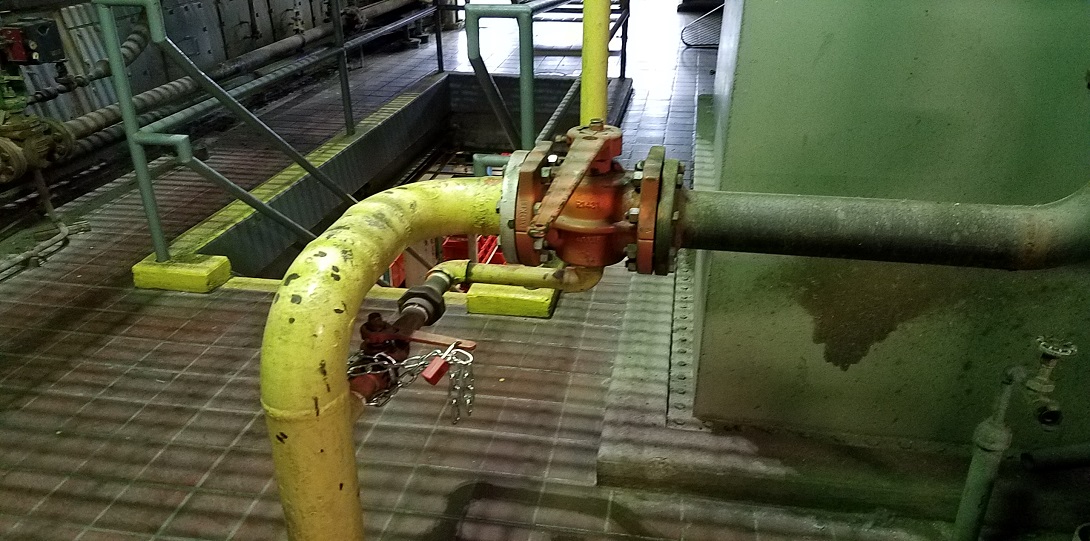Contractor Safety
Construction Safety Guidelines
The University of Illinois at Chicago endeavors to maintain safe working conditions for its staff and a safe and healthy environment for its students and visitors. To achieve this goal, EHSO created the Construction Environmental, Health, and Safety Guidelines below. These guidelines are to help Project Managers ensure contractors are complying with applicable health, and safety regulations as well as UIC internal procedures to protect property and building occupants. The contractor nevertheless remains solely responsible for the development and implementation of their own safety program.
Project Site Fire Safety
Daily Check-in Requirement
Contractors should log into the “Contractor Tracking System” below each day they visit campus.
COVID-19 Safety
Contractors on campus who are performing work for any extended period of time must have an up-to-date COVID-19 safety plan that has been approved by the Environmental, Health, and Safety Office. Contractors can submit safety plans for approval to the UIC Fire Marshal (firemarshal@uic.edu) if they have not already done so.
Project Site Fire Safety
All flammable liquids shall be stored in UL Listed containers/cabinets and all storage and labeling shall comply with pertinent regulations and industry standards.
Fuel may be stored indoors only if specific project approval by UIC Fire Marshal has been granted.
All oily rags and oily cloths shall be taken off site at the end of each shift for proper disposal.
Temporary membrane construction enclosures and partitions, which are susceptible to burning, shall be protected from fire and shall be made of fire retardant material.
Smoking is prohibited in all UIC facilities.
Fire Protection/Fire Alarm System Impairment
The possibility of a fire or other incendiary incident causing major damage to university property and occupants is increased whenever a fire protection and/or suppression system is impaired. The longer these systems are impaired, the greater the probability of fire becomes. Therefore, it is necessary to minimize the duration and scope of any impairment or provide alternate fire protection systems. A Fire Protection Impairment Program is an effective management program used to:
Supervise the safe shutdown or removal of service fire protection and/or suppression systems.
Control potential fire hazards during the impairment.
Restore the fire protection system to service as soon as possible.
If a fire system impairment is needed, contact the UIC Project Manager in charge of the project to make arrangements for the systems to be impaired.
Hot Work
“Hot work” is defined as a process or procedure that could result in a fire if not properly controlled. Common examples of hot work include welding, burning, cutting, brazing, grinding, and soldering. Hot work equipment may produce high voltages or utilize compressed gases and requires special awareness training to be performed safely.
The general contractor/construction manager shall control the hazards associated with hot work by developing, implementing, and enforcing an effective safety program that follows regulations and industry standards and uses a hot work permit that addresses all requirements. Permits are available from your UIC Representative.
All planned hot work shall be fully described during the permitting process, which shall be completed before hot work begins. The general contractor/construction manager shall keep a copy of the hot work permit on the project site at all times. Dedicated fire extinguishers for hot work operations must be at the location of the hot work. These must be in addition to the required project site extinguishers.
Lock-out/Tagout
Contractors must have a written safety program that complies with the requirements of OSHA CFR 1910.147(lock-out/tag-out) and submit this document for review.
Contractors must provide expected dates/times for work requiring de-energization of energy source(s) to the Project Manager or UIC Representative.
Employees must be trained to meet the requirements of the lock-out/tag-out standard and provide proof of this training.
Contractors must supply their own lock and tag.
Contractors are NOT to lock-out energy sources (i.e. pneumatic, electrical, hydraulic) in any UIC buildings. They are to notify the Project Manager or appropriate UIC Representative of the equipment needing to be locked out. An authorized UIC employee will lock out the energy source. Contractors should then apply their own lock(s) and tag(s).
Never operate equipment that has a “DANGER-DO NOT OPERATE” tag or lock on it.
Never remove Energy Securing Devices or Hold Tags.
Temporary Heat
Temporary heating system plans and procedures should be submitted, in advance and in writing, to the UIC Representative and UIC Fire Marshal, noting duration of planned use, fuel handling procedures, safety procedures, type of heating system, and other essential or critical aspects of the plans and procedures. The UIC Fire Marshal MUST approve the plan prior to implementation.
Except during actual use, LPG cylinders shall not be stored within a UIC building.
All fuel storage tanks must be kept at least 20 feet from any building or property line. All above ground fuel tanks shall be properly secured, grounded and labeled with contents. The tank shall also be placed in some type of containment which is capable of handling the liquid in the tank.
Open fires and warming fires are prohibited on all UIC property.
Temporary weather-tight enclosures shall be made of fire retarding materials.

